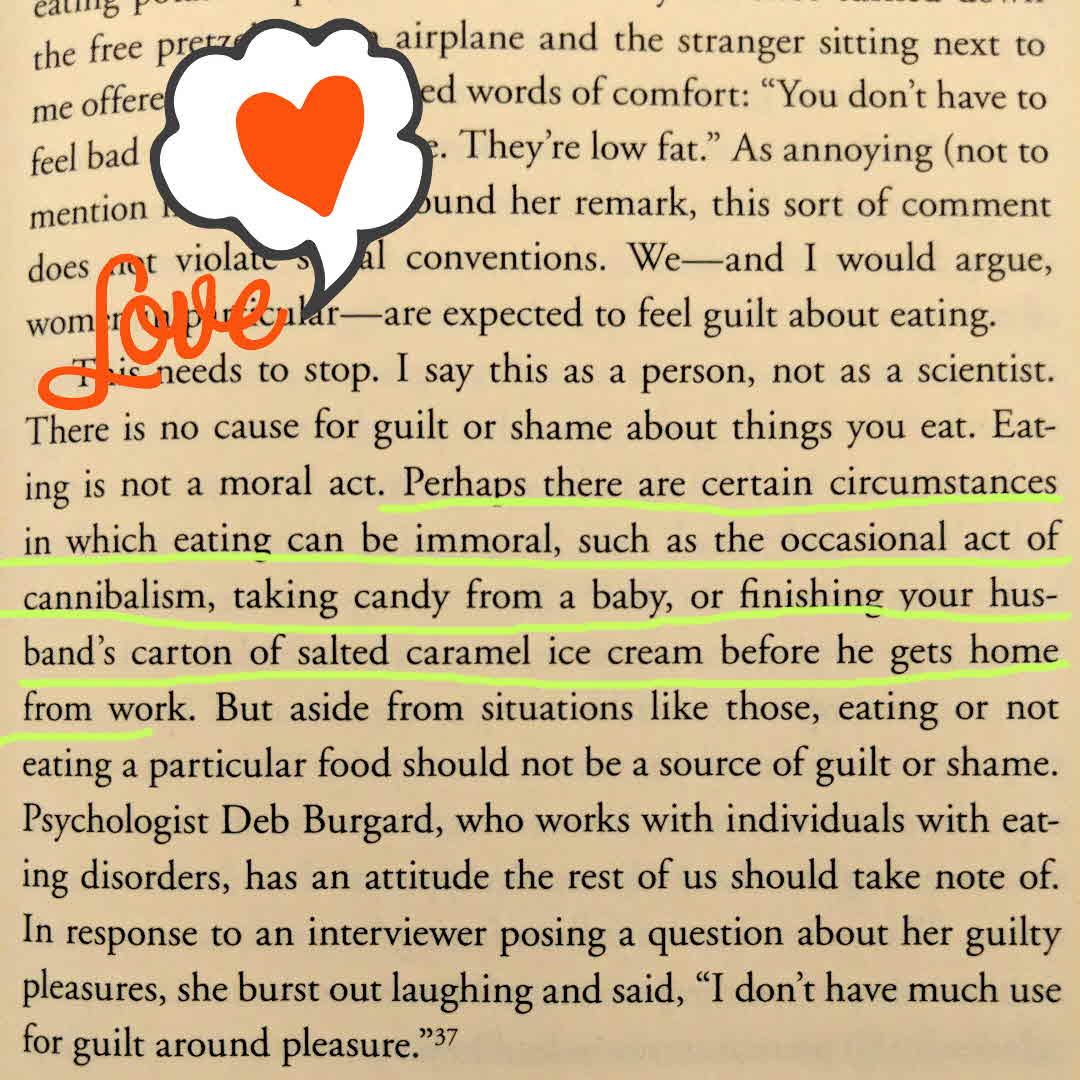
I love Traci Mann's examples of when we maybe should feel guilty about food: cannibalism, stealing from a baby, or finishing the last of someone's ice cream 🤣

I love Traci Mann's examples of when we maybe should feel guilty about food: cannibalism, stealing from a baby, or finishing the last of someone's ice cream 🤣
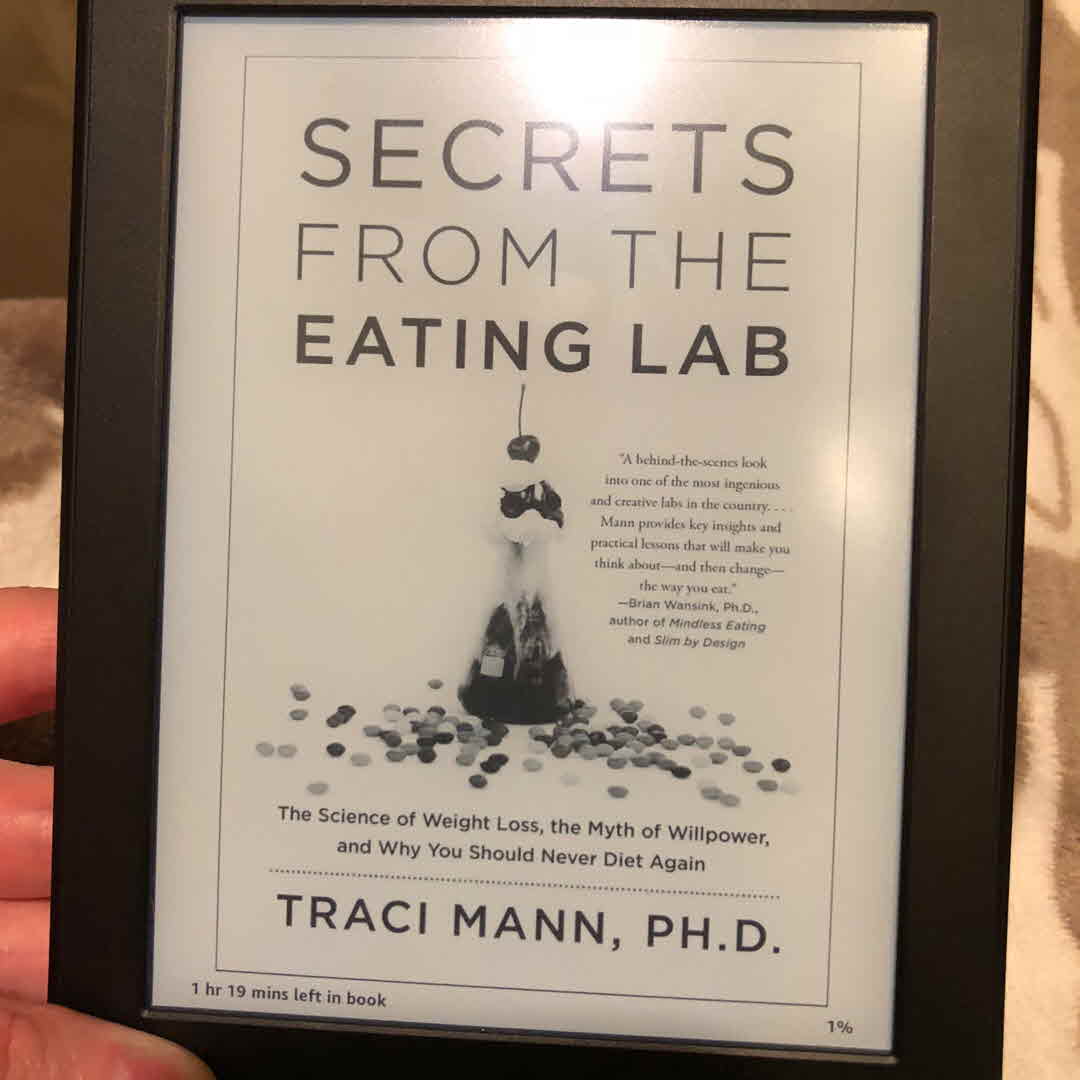
Just finished Secrets from the Eating Lab! I found it to be a very enjoyable read, and would recommend it to just about anyone.
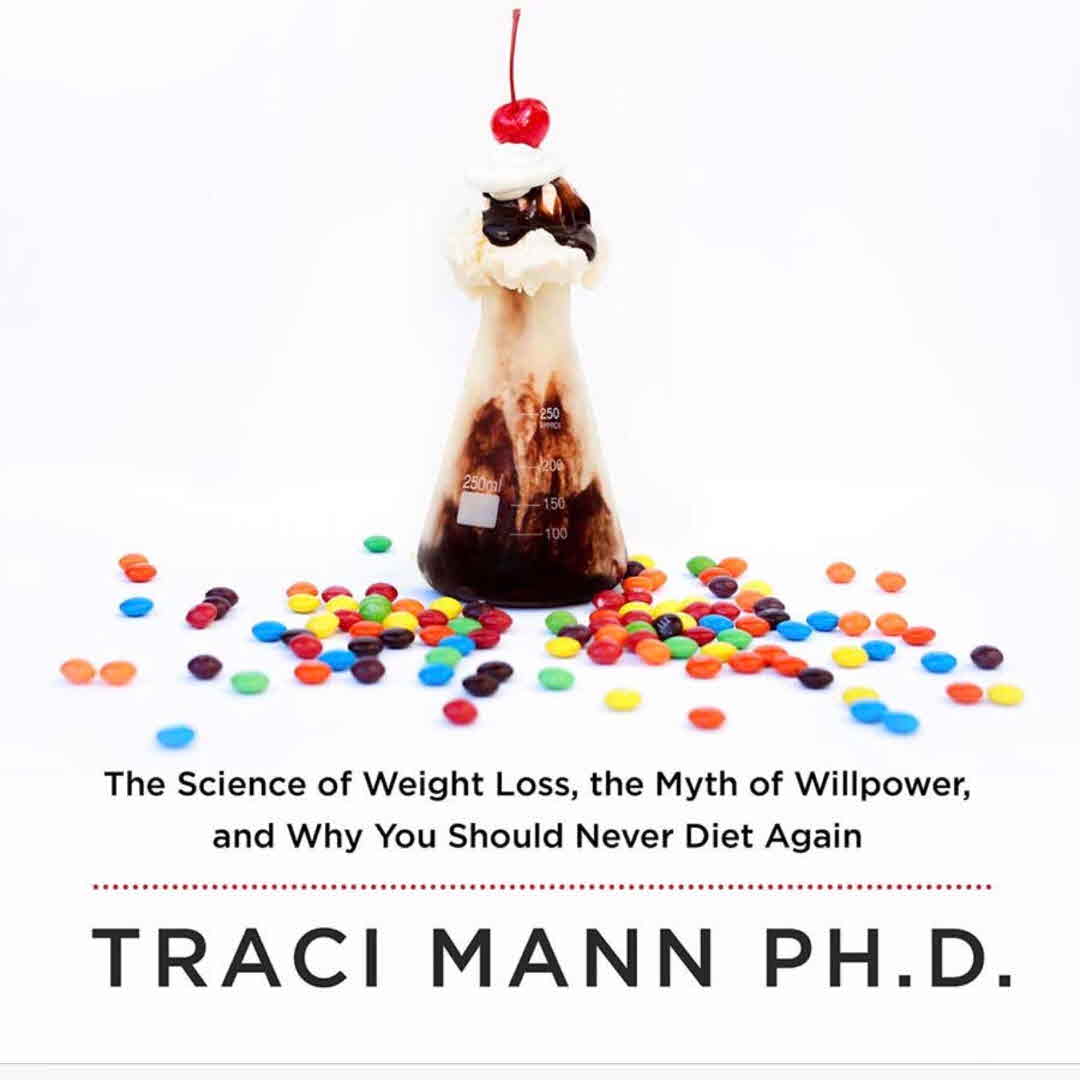
Mann does a fantastic job laying out the why‘s and how‘s of how dieting doesn‘t work and may even leave you worse off. She also goes into how to go about being your leanest, healthiest self.
I found most of the tips she gives for forming healthier habits to be helpful and straightforward. They seem backed with research and fairly easy to start implementing.
#LitsyAtoZ @BookishMarginalia ✔️ ‘S‘ title (with the challenge of the author being woman)
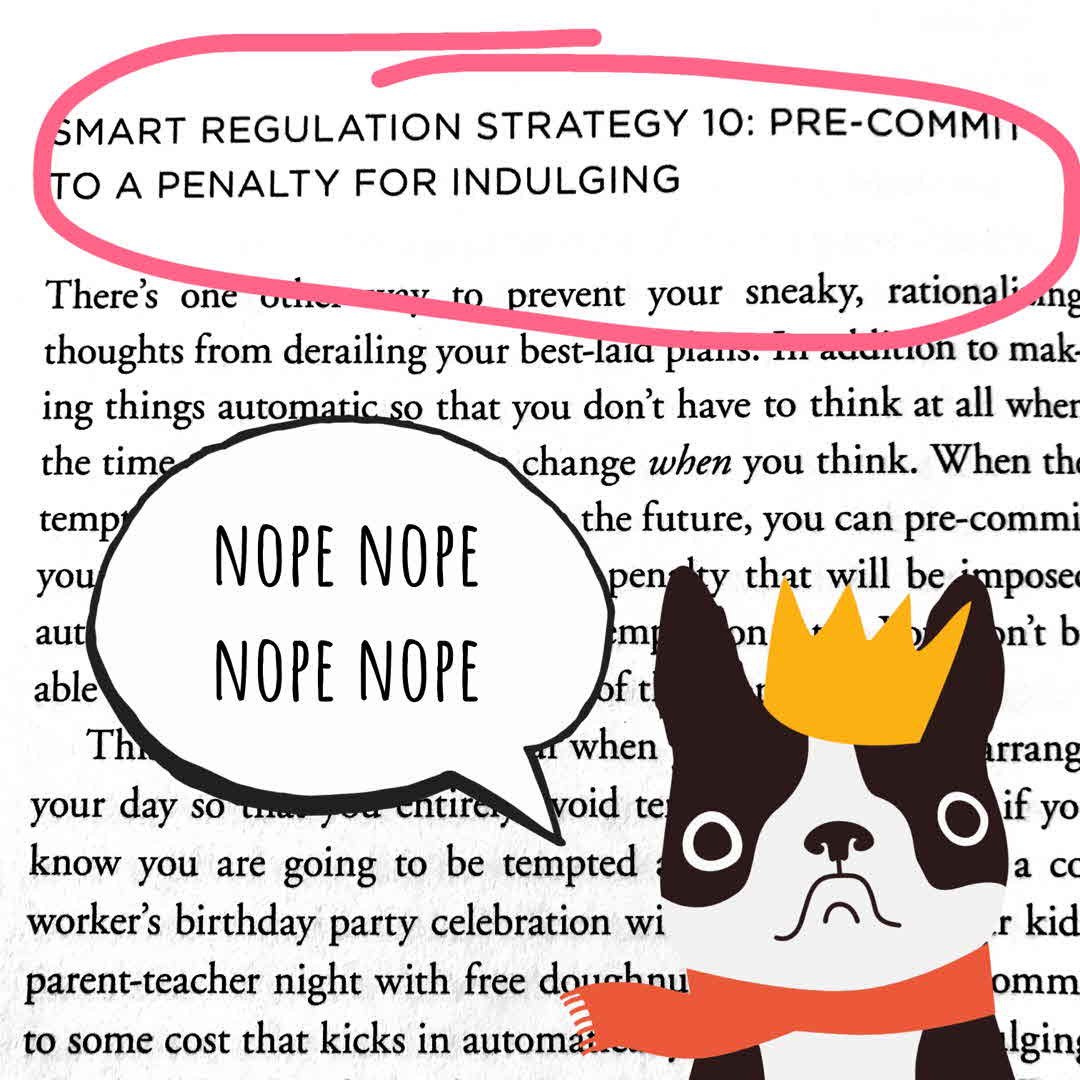
Many of the strategies suggested are great and I plan to implement them moving forward with my meal planning. But this last one I read would never work for me. I‘m getting anxiety just thinking about it. I know the reward/penalty systems never work for me. They just make me sick and nervous and then I try to avoid it altogether. Instead I try to dissuade myself practically like saying ‘that‘ll give you heartburn and you hate heartburn‘.
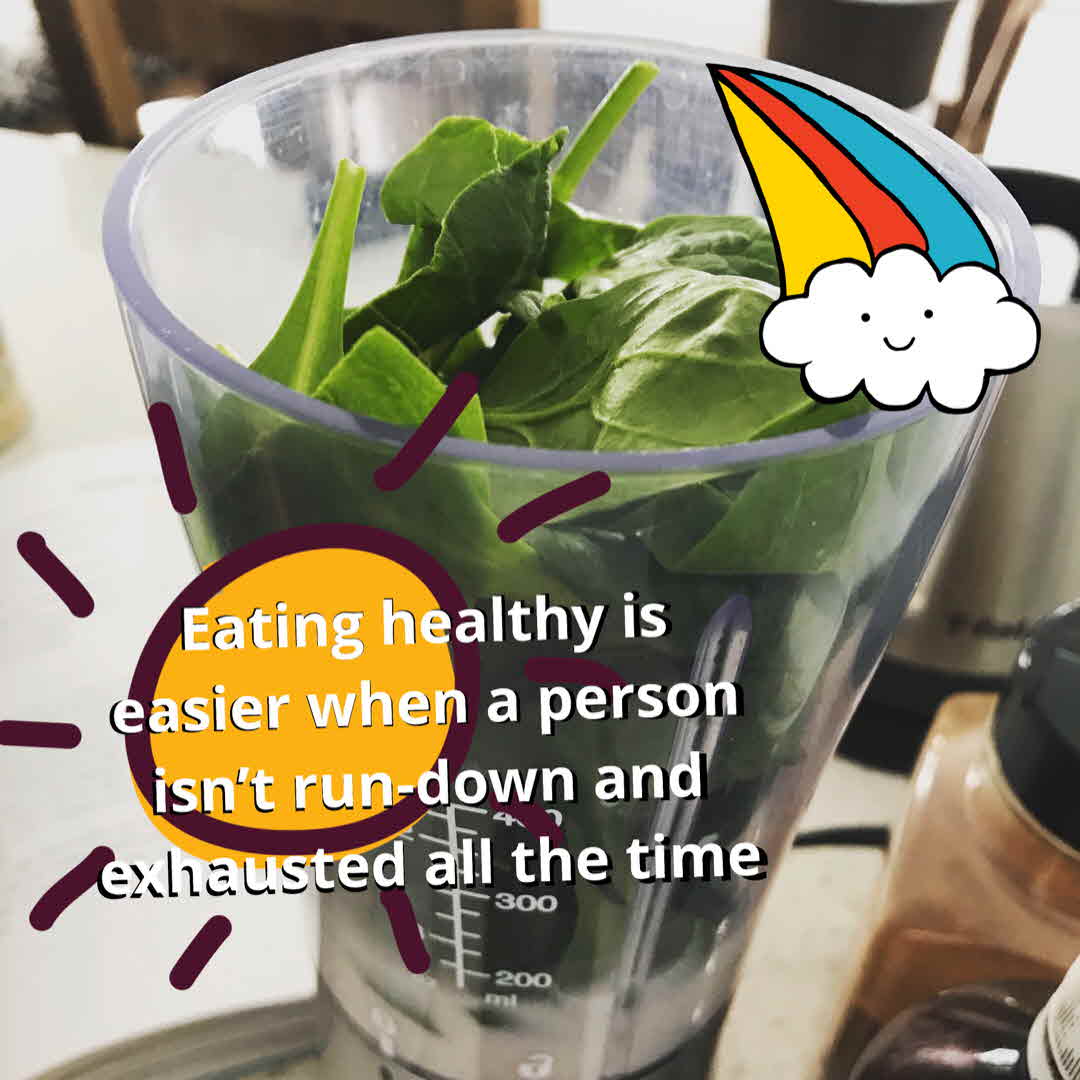
Mann talks about willpower and what exhausts it. She also talks about impulse control and how dieting can decrease it, making you more vulnerable to eating excessively. What this reminds me of is my mental health. Prior to getting medication I was constantly, daily exhausted dealing with all the physical and mental side effects of anxiety and depression. I ate impulsively, even when I was full. But now that urge is gone. So fascinating.
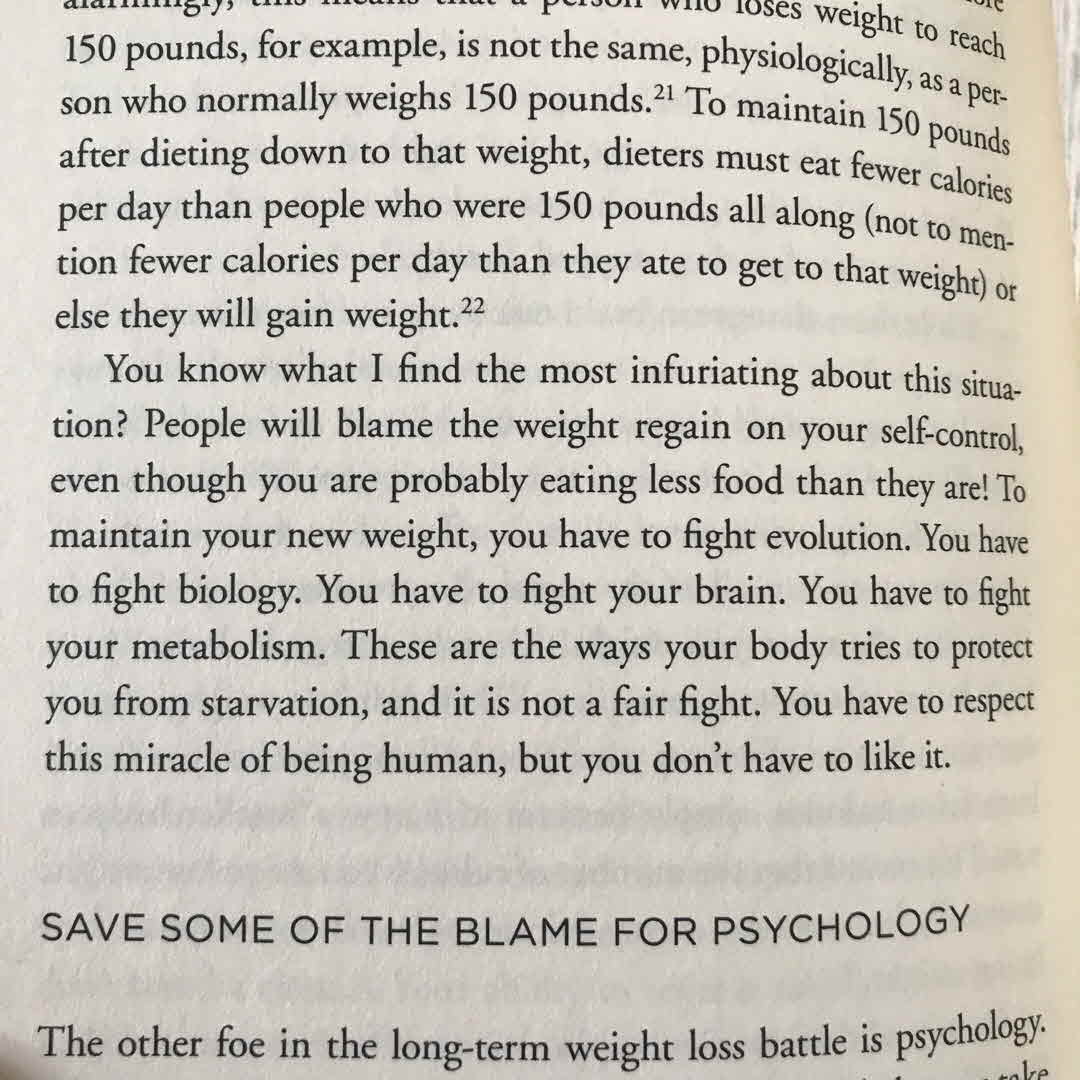
‘You have to fight biology. You have to fight your brain. You have to fight your metabolism. These are the ways your body tries to protect you from starvation, and it‘s not a fair fight.‘ ——Traci Mann on why diets don‘t work.
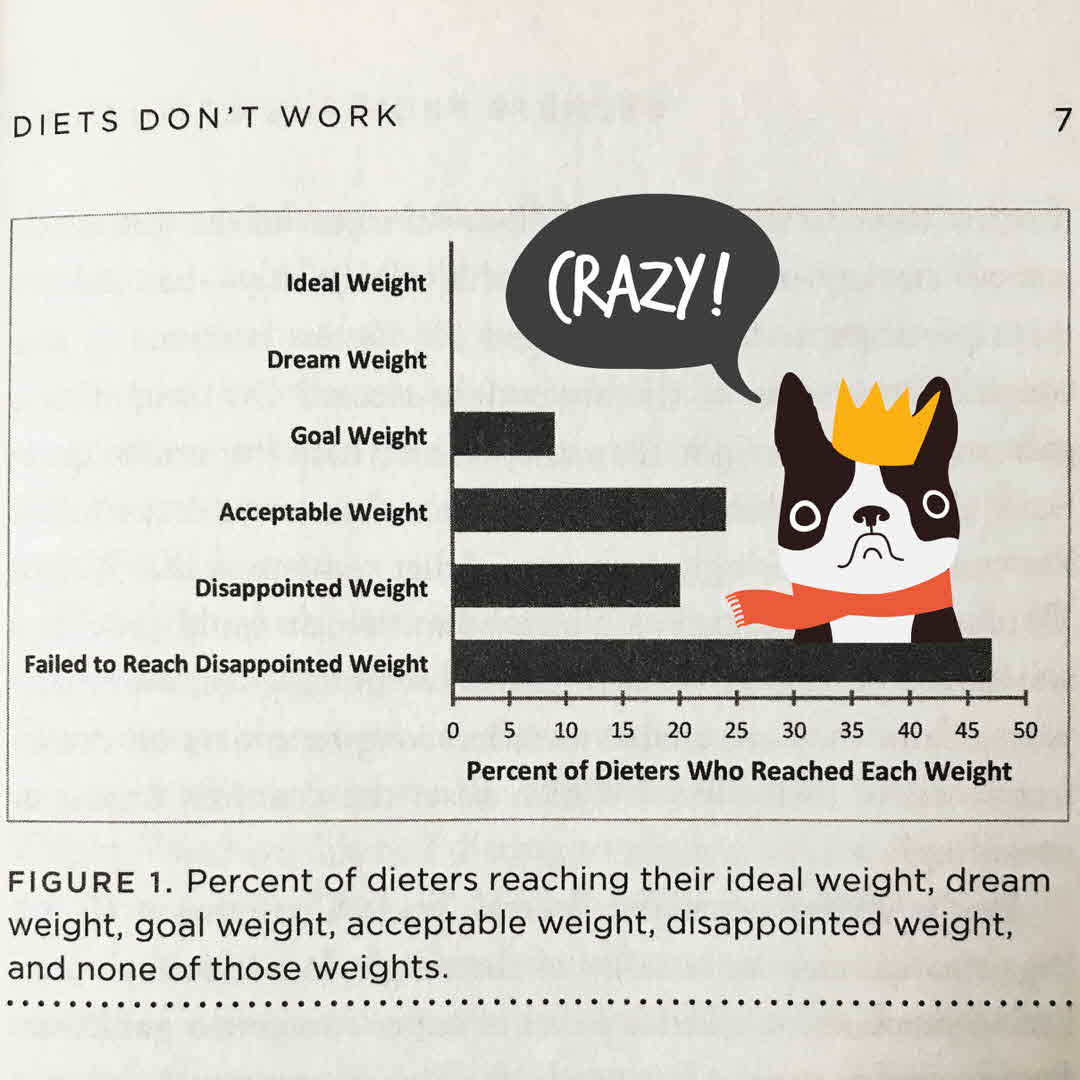
In the first chapter, Mann discusses how it‘s known that diets don‘t work, going over the history of dieting research and the studies that have been done. The flaws in the diet studies are very alarming. This graph is a visual of the usual outcome of a diet.
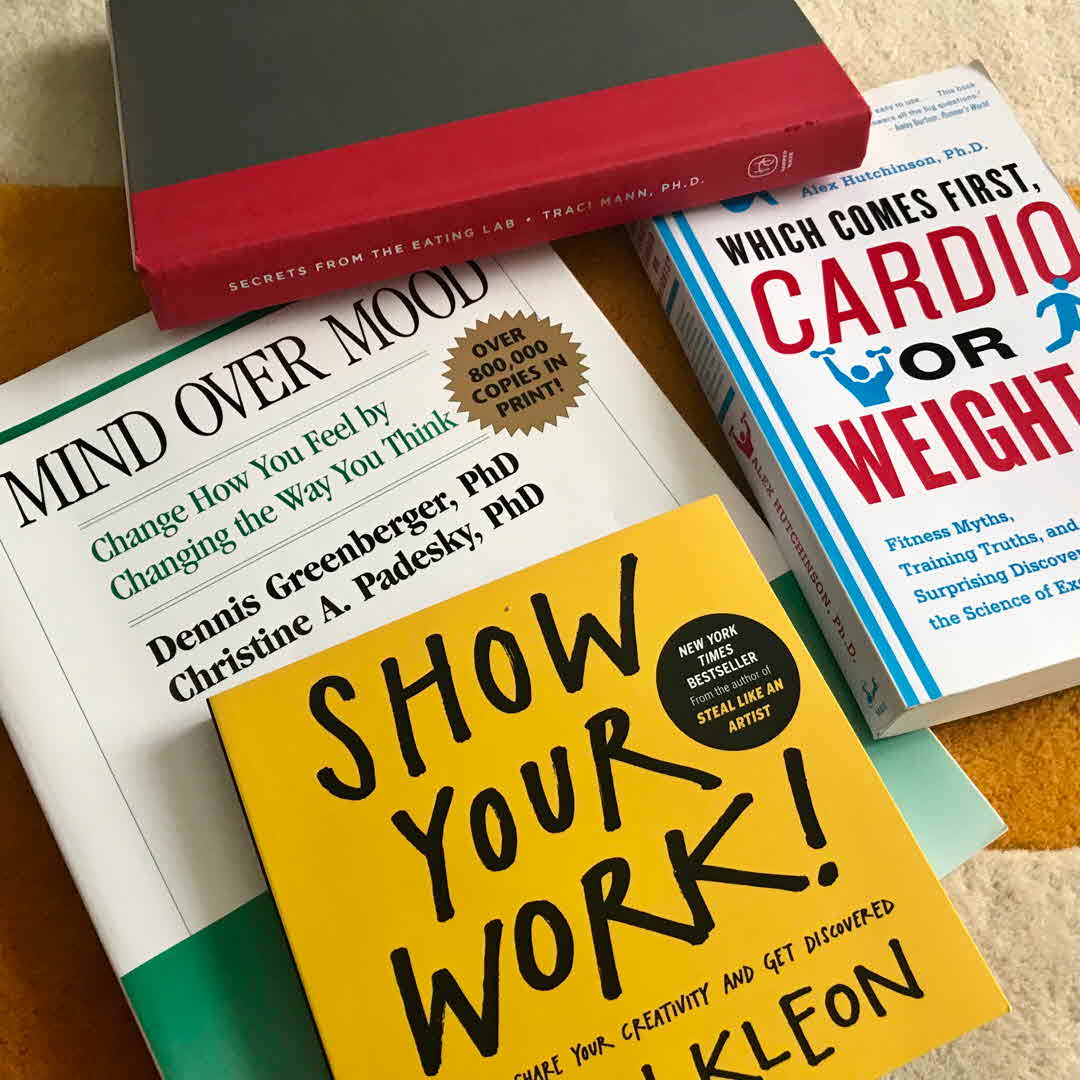
My reading goals for 2018 will be monthly challenges. I can switch things up all year long and keep it interesting. For January, my #readingchallenge will be a health-focused one that I‘m calling #getfitchallenge
I‘ve picked a fitness book: Which Comes First, Cardio or Weights?
A book on nutrition: Secrets From the Eating Lab
One targeting mental health: Mind Over Mood
And finally, one to grease the wheels of creativity: Show Your Work
💪💪💪
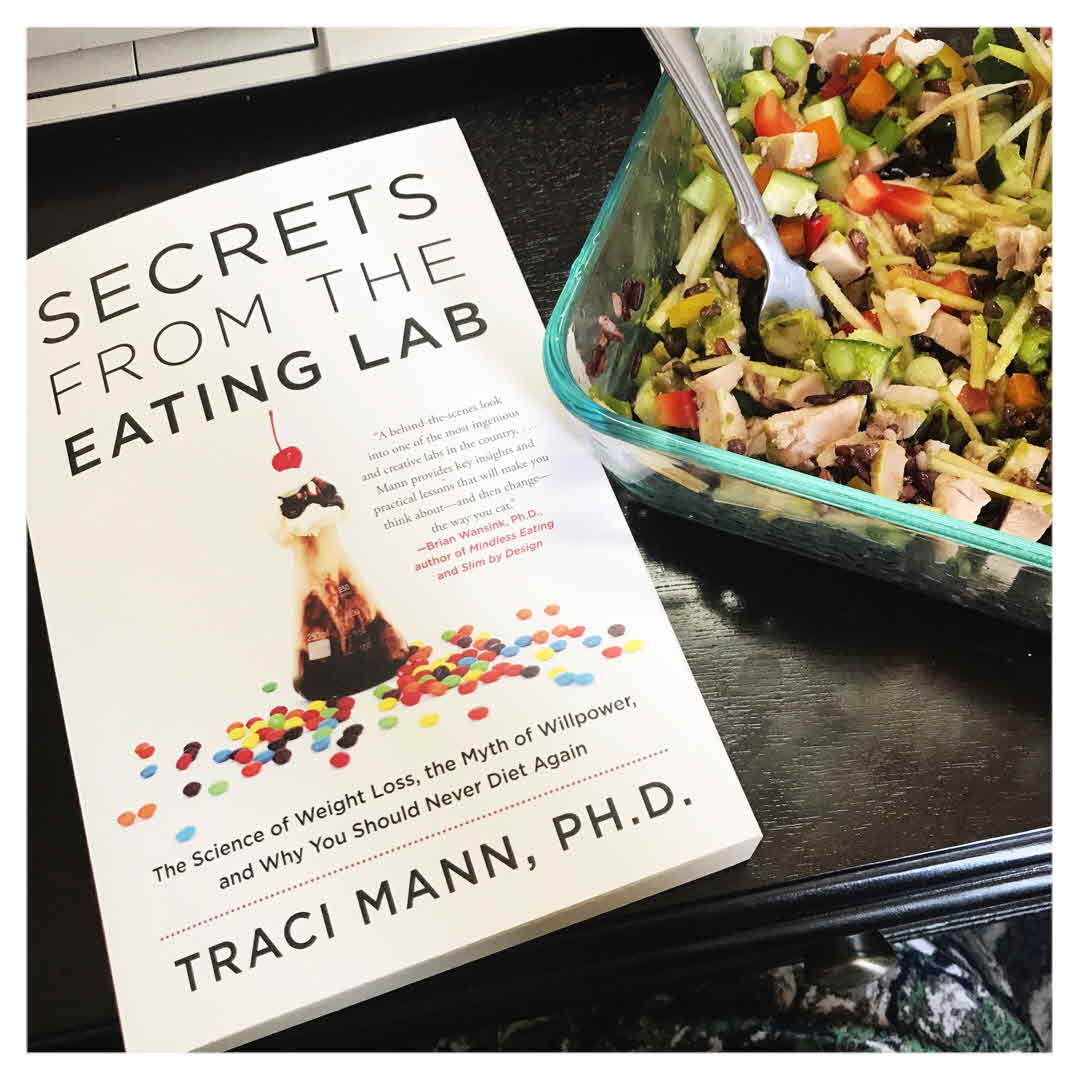
A book about eating has to have food in it, right? Lunch time work reading. #readingwomenmonth #booksaboutfood
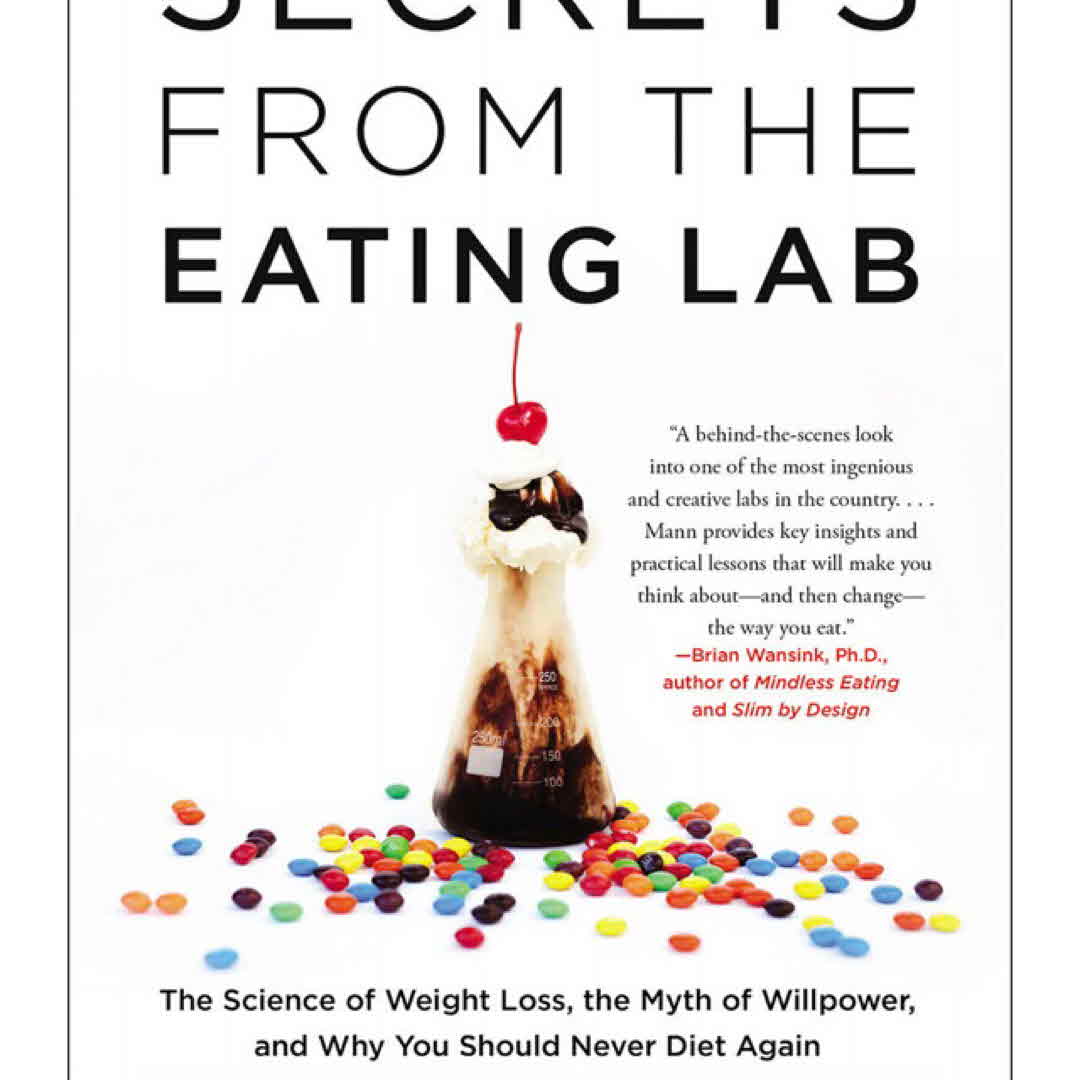
This book was filled with interesting and slightly depressing facts regarding weight loss. Basically, diets don't work. You can take the weight off for a period of time but there is a high chance you will gain it back plus more. She encourages you to get your leanest genetically pre-set weight (she never tells you how to calculate this) by exercising regularly for health (because exercising doesn't necessarily help with weight loss).
Same information, different book. All of these dieting- or anti-dieting books- give the same information just in a different format.